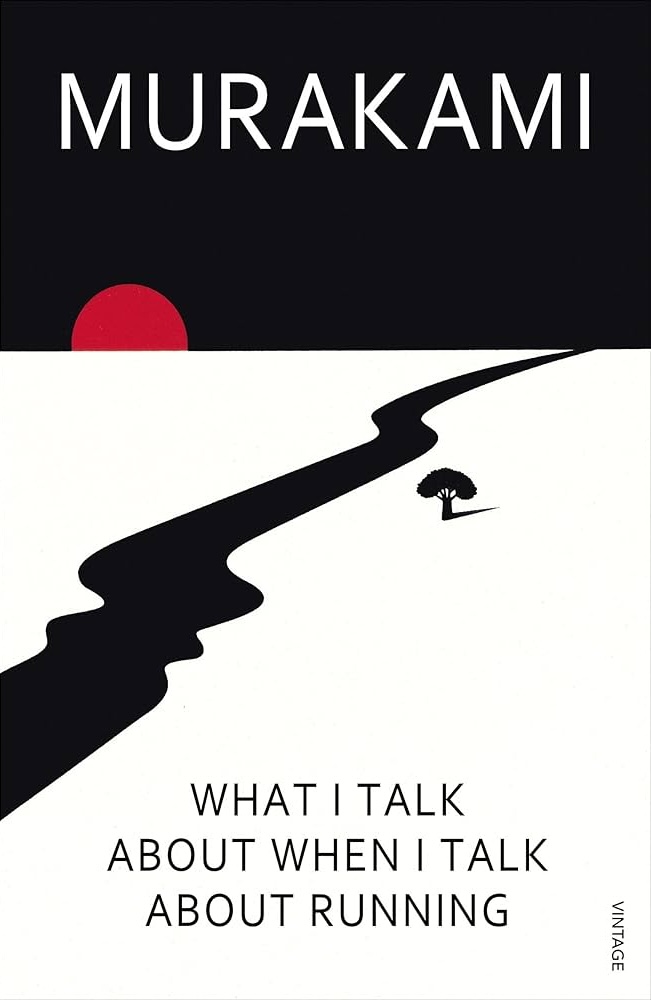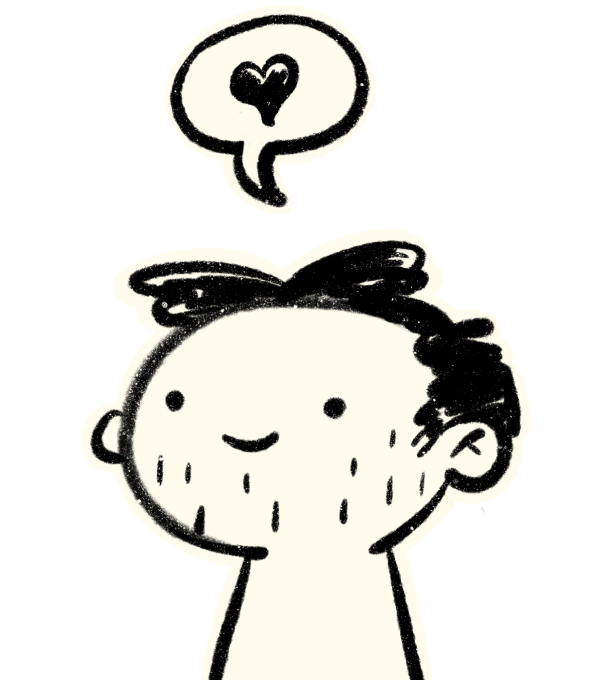A few of my highlighted sections:
This is the same sort of tack I find necessary when writing a novel. I stop every day right at the point where I feel I can write more. Do that, and the next day’s work goes surprisingly smoothly. I think Ernest Hemingway did something like that. To keep on going, you have to keep up the rhythm.
This is the important thing for long-term projects. Once you set the pace, the rest will follow.
For me, running is both exercise and a metaphor. Running day after day, piling up the races, bit by bit I raise the bar, and by clearing each level I elevate myself. At least that’s why I’ve put in the effort day after day: to raise my own level. I’m no great runner, by any means. I’m at an ordinary—or perhaps more like mediocre—level. But that’s not the point. The point is whether or not I improved over yesterday. In long-distance running the only opponent you have to beat is yourself, the way you used to be.
It might be a little silly for someone getting to be my age to put this into words, but I just want to make sure I get the facts down clearly: I’m the kind of person who likes to be by himself. To put a finer point on it, I’m the type of person who doesn’t find it painful to be alone.
I find spending an hour or two every day running alone, not speaking to anyone, as well as four or five hours alone at my desk, to be neither difficult nor boring. I’ve had this tendency ever since I was young, when, given a choice, I much preferred reading books on my own or concentrating on listening to music over being with someone else. I could always think of things to do by myself.
For me—and for everybody else, probably—this is my first experience growing old, and the emotions I’m having, too, are all first-time feelings. If it were something I’d experienced before, then I’d be able to understand it more clearly, but this is the first time, so I can’t. For now all I can do is put off making any detailed judgments and accept things as they are. Just like I accept the sky, the clouds, and the river. And there’s also something kind of comical about it all, something you don’t want to discard completely.
Emotional hurt is the price a person has to pay in order to be independent.
The main thing was not the speed or distance so much as running every day, without taking a break.
So, like my three meals a day—along with sleeping, housework, and work—running was incorporated into my daily routine. As it became a natural habit, I felt less embarrassed about it.
I asked him, “Does a runner at your level ever feel like you’d rather not run today, like you don’t want to run and would rather just sleep in?” He stared at me and then, in a voice that made it abundantly clear how stupid he thought the question was, replied, “Of course. All the time!”
At any rate, that’s how I started running.
Thirty-three—that’s how old I was then. Still young enough, though no longer a young man. The age that Jesus Christ died. The age that Scott Fitzgerald started to go downhill. That age may be a kind of crossroads in life. That was the age when I began my life as a runner, and it was my belated, but real, starting point as a novelist.
People sometimes sneer at those who run every day, claiming they’ll go to any length to live longer. But I don’t think that’s the reason most people run. Most runners run not because they want to live longer, but because they want to live life to the fullest. If you’re going to while away the years, it’s far better to live them with clear goals and fully alive than in a fog, and I believe running helps you do that. Exerting yourself to the fullest within your individual limits: that’s the essence of running, and a metaphor for life—and for me, for writing as well. I believe many runners would agree.
I’m aware of myself as one tiny piece in the gigantic mosaic of nature. I’m just a replaceable natural phenomenon, like the water in the river that flows under the bridge toward the sea.


